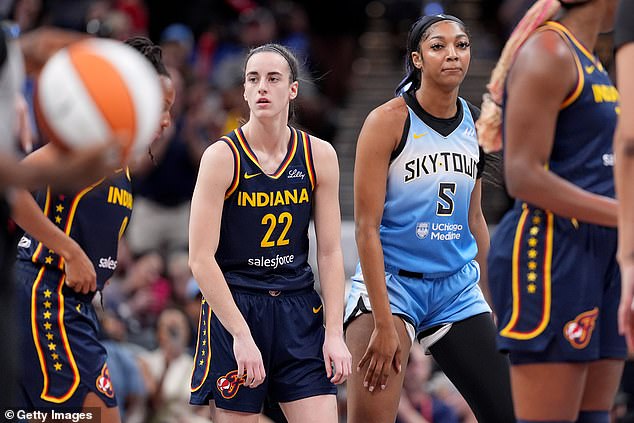In a recent discussion, the conversation around Meghan Markle‘s treatment by the British media and public has resurfaced, highlighting a troubling trend that many observers have noted since her arrival on the royal scene.
It’s fascinating to see how opinions have shifted over time, especially when considering the initial enthusiasm surrounding her marriage to Prince Harry.
Yet, as James O’Brien pointed out in a segment, underlying issues of racism and jealousy seem to fuel this animosity.
When Meghan first joined the royal family, she was often viewed as a refreshing change.
Many embraced her for her unique background and modern outlook.
However, as time passed, it became clear that not everyone shared this sentiment.
Critics emerged, often unable to articulate their disdain beyond vague notions of dislike.
This begs the question: why has Meghan faced such intense scrutiny?
Some argue that the backlash against Meghan is rooted in a deep-seated racism that many are unwilling to confront.
O’Brien suggests that those who harbor negative feelings towards her might be more upset about her biracial identity than they realize.
The anger directed at Meghan often mirrors the anger that arises when her critics are called out for their prejudiced views.
Interestingly, the comparison between Meghan and Camilla Parker Bowles has surfaced in these discussions, prompting further debate.
While some claim that both women faced public scrutiny, the contexts are vastly different.
Camilla was once vilified as the mistress who disrupted a marriage, whereas Meghan’s only “crime” seems to be her heritage and the love she shares with Prince Harry.
Critics of Meghan frequently point to her media portrayal as justification for their feelings.
However, many of these critics seem to rely solely on tabloid narratives rather than forming their own opinions.
This reliance on sensationalized stories raises questions about the integrity of their arguments.
If they truly believed in their stance, wouldn’t they be able to provide more substantial reasons for their disdain?
O’Brien’s commentary reveals a troubling pattern: those who criticize Meghan often lack coherent explanations for their feelings.
Instead, they echo the sentiments of a media landscape that has historically treated her unfairly.
This repetition of negative narratives without personal conviction highlights a form of collective ignorance.
Moreover, the audacity of equating Meghan’s experience with that of Camilla’s is striking.
Many observers remember the pain that Princess Diana endured, much of which can be attributed to Camilla’s actions.
This historical context complicates any attempt to paint Meghan and Camilla as similar figures in the eyes of the public.
As the discussion unfolds, it becomes evident that Meghan’s critics are often driven by envy.
Her beauty, intelligence, and the affection she receives from Prince Harry have sparked jealousy among those who feel threatened by her presence in the royal family.
This jealousy manifests in harsh criticism, often devoid of rational thought or evidence.
Over the years, Meghan has become a scapegoat for broader societal issues, particularly regarding race.
O’Brien argues that the persistent hatred directed at her is less about her actions and more about the discomfort some feel towards her identity.
This reality poses a significant challenge for those who wish to understand the roots of such animosity.
The ongoing narrative surrounding Meghan and Harry’s decision to share their story through various platforms has also drawn ire.
Critics claim betrayal, yet it’s crucial to recognize that these two individuals are merely defending themselves against a barrage of negative press.
Their choices reflect a desire to reclaim their narrative rather than an act of disloyalty.
Ultimately, the conversation surrounding Meghan Markle serves as a reflection of deeper societal issues.
The inability of many to articulate their feelings about her points to a larger problem—one that intertwines race, privilege, and the complexities of modern royal life.
As long as these conversations continue, the need for open dialogue about race and acceptance remains ever crucial.
In the end, it appears that Meghan will continue to face scrutiny, not necessarily for her actions but for who she is.
As society grapples with these uncomfortable truths, it’s imperative for individuals to confront their biases and strive for a more inclusive understanding of others.
Only then can we hope to move past the unfounded hatred that has followed Meghan since her entry into the royal family.
Related Stories

